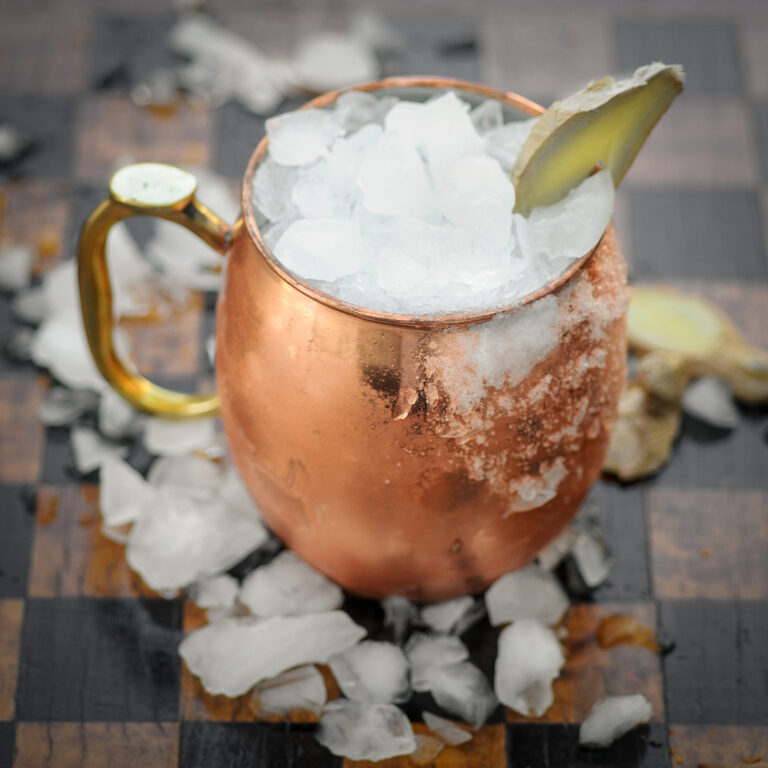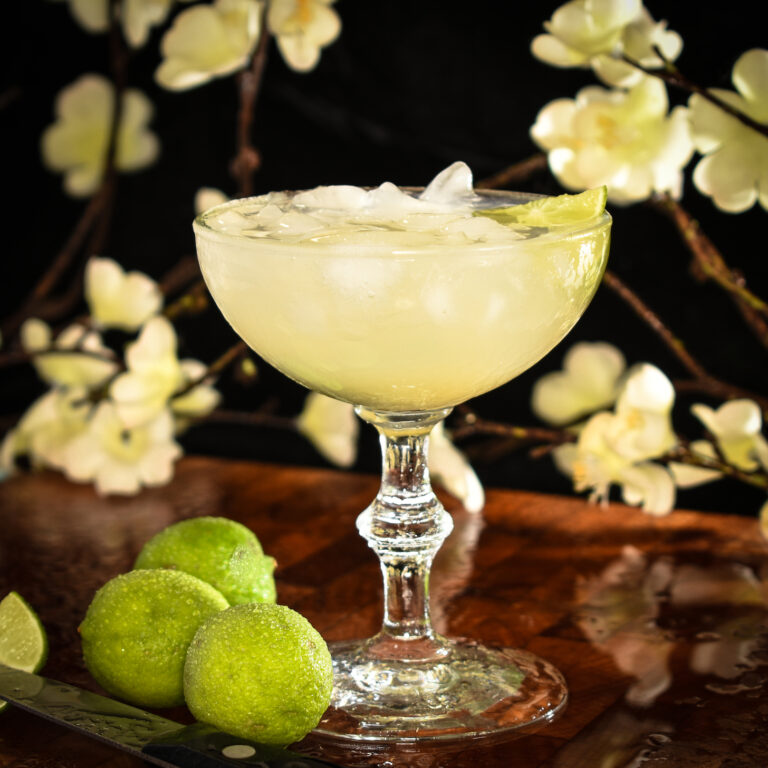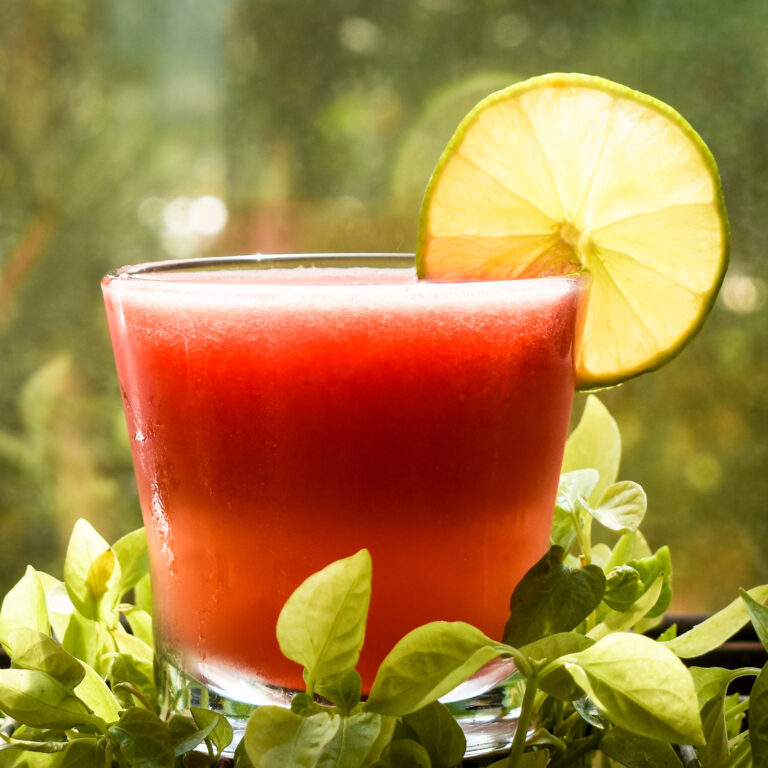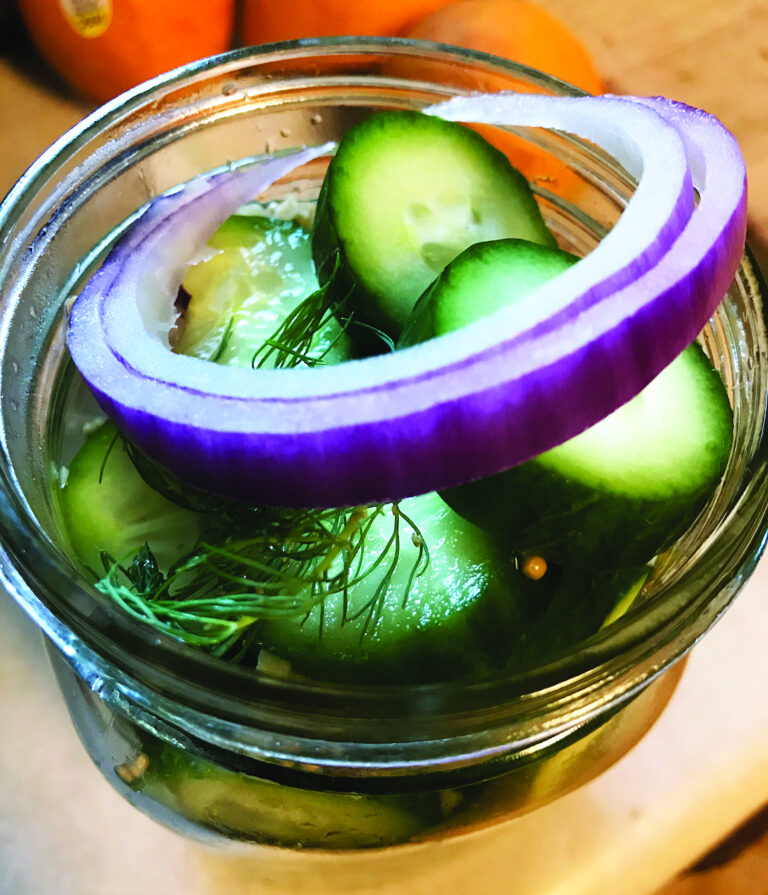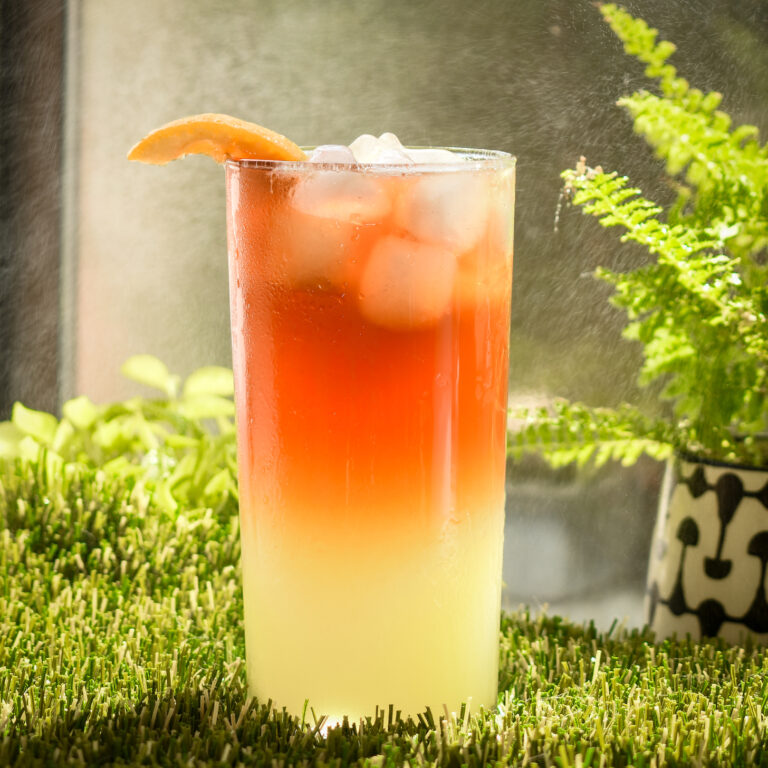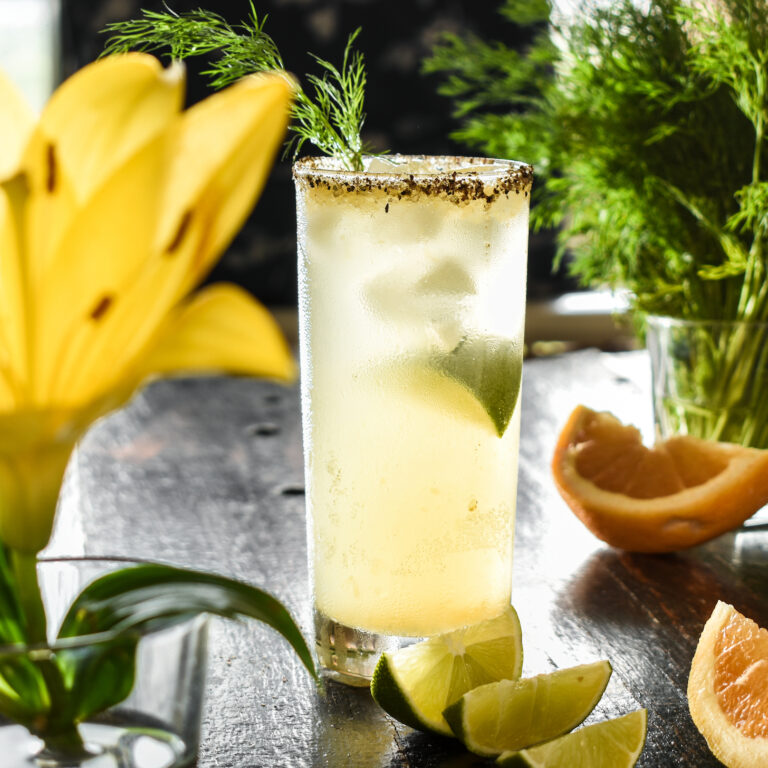Any fruit is the species and variety it is because the genes in its seeds instruct it to´ manufacture precisely the right proteins, enzymes and hormones, and nothing a farmer can do will change that. But that's heredity, and as everyone knows, an organism's characteristics are shaped by both heredity and environment.
A multitude of environmental factors, such as the amounts of various micronutrients in the soil; the soil's texture and drainage; its micro-flora and -fauna; its proportion of sand, rock and clay; the land's slope; the growing temperatures; the amounts of rain, wind and sun—in sum, its entire micro-environment short of the phase of the moon at planting time—can lead to subtle differences in the ultimate fruit.
(That's no joke about the phase of the moon. I have read about certain grape growers who set their vines only by the light of a full moon.)
French winemakers lump all of these variables and imponderables, along with a healthy measure of Gallic shrug and a soupçon of mysticism, into the concept of terroir, which is now modishly being applied to virtually all fruits and vegetables. But there is nothing profound about terroir, which literally means an agricultural region. It's merely the peculiarities of local environment, by a fancy French name.
As a test case, off I went telephonically to Hanover County, Va. to try to find out what supposedly makes their tomatoes special. The obvious place to start was with the Hanover office of the Virginia Cooperative Extension Office, where I spoke with program associate Colleen Calderwood.
My first hypothesis concerned the tomatoes' genetic heritage; perhaps Hanover County simply grows a special variety of tomatoes. But “Hanover tomatoes are several different varieties,” she said, knocking the props out from under my hypothesis.
Okay, then it must be something that transcends genetics. Terroir?
“There are many factors that influence tomato flavor.” Calderwood agreed. “Some growers think it might have something to do with boron in the soil.”
Aha! Had I literally struck pay dirt? Among many other functions, boron facilitates the movement of sugars through plant systems. Could this be why Hanoverans (Hanoverians? Hanoverites?) invariably use the word “sweet” to describe their tomatoes? I now had hypothesis number two.
Then, as gingerly as I could, I asked Calderwood about whether creative marketing could possibly be gilding the tomato, so to speak.
“It's more than just marketing,” she said. “I think there really is something to [the tomatoes' unique flavor], but we don't know exactly what it is.”
As a scientist, I am perfectly comfortable with an honest “we don't know” answer. Fair enough. So let's just say it's the terroir. That seems to work for the grape growers.
In the absence of scientific facts, then, I have become a reluctant terroir-ist.
Robert L. Wolke (www.professorscience.com) is professor emeritus of chemistry at the University of Pittsburgh and the author of What Einstein Told His Cook: Kitchen Science Explained. gi


